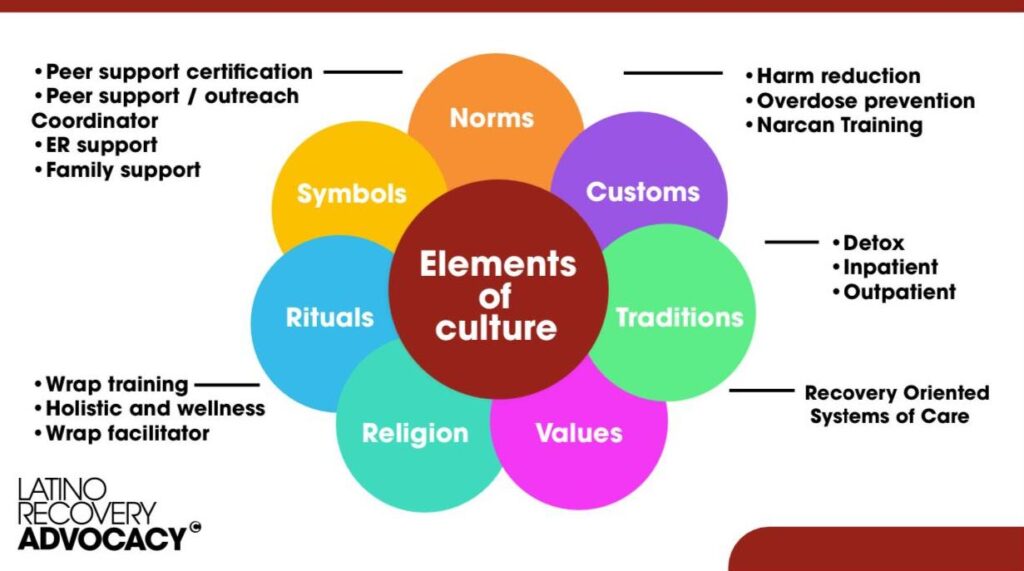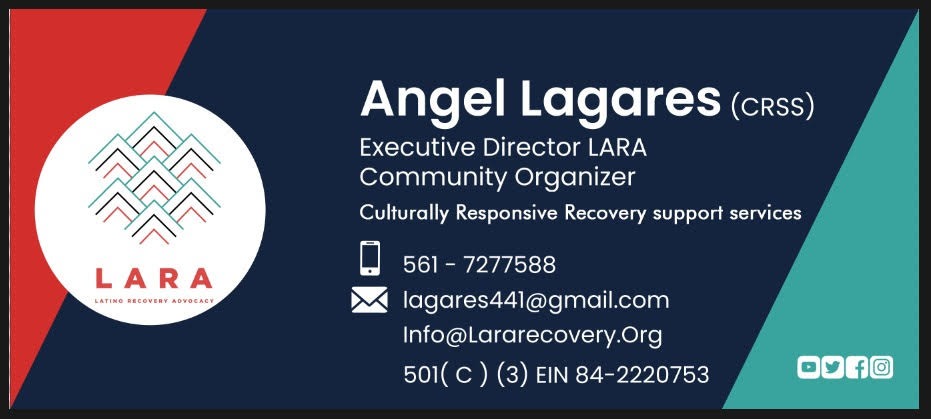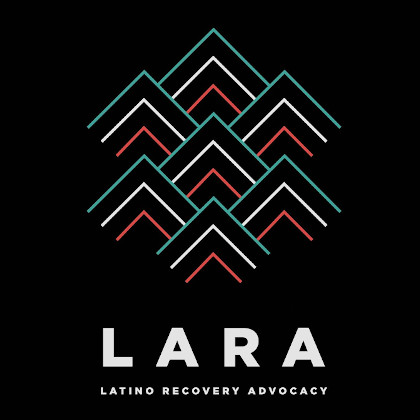Cultural elements play a crucial role in any intervention in addiction treatment or mental health. Here are some reasons why:
- Cultural Relevance: Cultural elements ensure that interventions are tailored to the specific cultural context of individuals receiving treatment. Culture shapes beliefs, values, and behaviors related to addiction and mental health. By incorporating cultural elements, interventions become more relatable and meaningful, increasing the likelihood of engagement and positive outcomes.
- Respect and Trust: Acknowledging and respecting cultural diversity fosters trust between individuals and their healthcare providers. When interventions honor and value cultural identities, individuals feel understood, accepted, and validated. This promotes a therapeutic alliance, where individuals feel comfortable discussing their challenges, seeking help, and actively participating in their treatment.

- Addressing Stigma and Barriers: Cultural elements can help challenge and address the stigma associated with addiction and mental health in specific communities. In many cultures, there may be deep-rooted stigmas and misconceptions surrounding these issues. By incorporating cultural elements, interventions can help educate, raise awareness, and reduce stigma, making it easier for individuals to seek help without fear of judgment or discrimination.
- Enhancing Accessibility: Cultural elements improve accessibility to addiction treatment and mental health services. Some individuals may face language barriers, limited understanding of Western medical practices, or distrust of mainstream healthcare systems. By incorporating cultural elements, such as language-specific resources, culturally sensitive communication, and community-based approaches, interventions become more accessible and inclusive for diverse populations.
- Tailoring Treatment Approaches: Cultural elements allow for the tailoring of treatment approaches to fit the unique needs and preferences of individuals from different cultural backgrounds. Cultural factors influence help-seeking behaviors, coping mechanisms, and treatment preferences. By considering cultural elements, interventions can be adapted to align with cultural norms, values, and traditions, enhancing the effectiveness of treatment and overall well-being.
- Holistic Approach: Culturally responsive interventions recognize that addiction and mental health are interconnected with various aspects of an individual’s life, including their cultural identity, family dynamics, community support, and spiritual beliefs. By incorporating cultural elements, interventions can take a more holistic approach, addressing the multifaceted factors that contribute to addiction and mental health challenges.
In summary, incorporating cultural elements in addiction treatment and mental health interventions is essential for ensuring relevance, respect, trust, accessibility, tailored approaches, and a holistic understanding of individuals and communities. By embracing cultural diversity, interventions can better address the needs of diverse populations and promote effective recovery and well-being.

